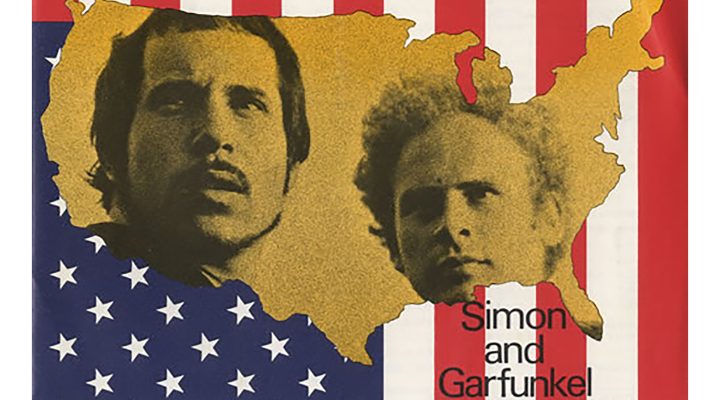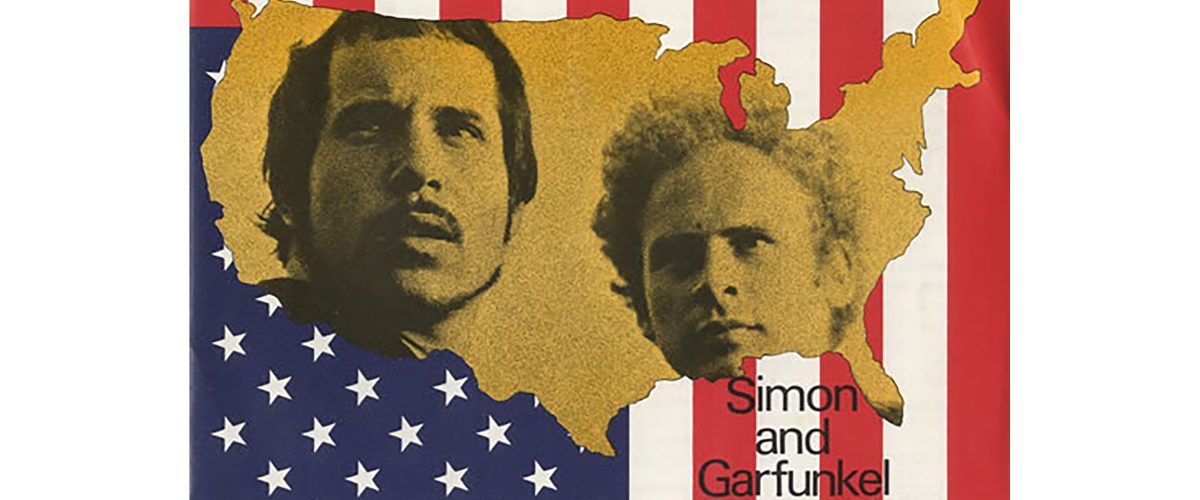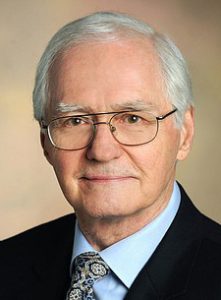Christopher Isherwood returned to Berlin in 1952, 19 years after he had left — fled actually — in 1933. In The Berlin Stories he recounts that return in photographic detail. The book was published in 1939 and is the basis of the film and Broadway musical Cabaret.
Once in Berlin, he easily found his street and, miraculously, Fraulein Schroeder, his landlady, was still there, although dwelling in vastly diminished circumstances. After she had regaled him for quite some time with stories of their old friends, he “marveled … at (her) ability to be (her)self and survive, amidst a huge undifferentiated military mess” (a reference of course to World War II, then only seven years past).
She had survived the Nazi regime of Adolf Hitler, the war, the loss of friends and the loss of her social standing and financial means. She had survived, however, despite the circumstances thrown her way.
As they said their goodbyes, she surprised him with a gift, an antique clock of hers, one that had survived a bomb blast to the house during the war — a near-direct hit that had thrown it across her parlor. It survived, as she had.
Isherwood saw this “as a souvenir of my dear friend and as a symbol of that indestructible something in a place and an environment that resists all outward change.”
Right now, after the election on Nov. 5, I find myself in a similar place — searching, searching for “that indestructible something … that resists all outward change.” What, I am left to ask, will remain of the United States of America after President Donald Trump mandates his high tariffs, mobilizes his mass deportations and dismantles the federal bureaucracy, which he calls the “deep state”?
But maybe he won’t do any of those things, even though they were a staple of his campaign rallies. We don’t know. He said lots of outlandish things. Did he mean them, or was he only entertaining the crowd? We don’t know, and neither do the heads of state of our allies across the world. What he does matters.
Track 3 on Simon and Garfunkel’s 1967 Bookends album is titled “America.” In 1967, there were 11,363 casualties in the Vietnam War, and the question of American identity hung heavy in the air. Paul Simon’s song is a brief story about two youngsters, perhaps even teenagers, who are off to see the world together. Seems the singer/narrator and his girlfriend, Kathy, had boarded a Greyhound in Pittsburgh.
“Let us be lovers. We’ll marry our fortunes together” he sings to her. He had hitchhiked from Saginaw, Mich., to meet her there. Funny: Two of the swing states. Fifty-seven years ago — even back then — they were “looking for America.”
Maybe Trump voters this year also were looking for America — an America that would deliver them all manner of things: lower grocery prices; lower gas prices; lower rent; lower mortgage payments; fewer illegal immigrants; no abortions; fewer regulations; less government; higher wages; higher self-esteem; a voice in the circumstances life would throw their way. All that and more. What we don’t know is what he will deliver and how it will affect us and the world beyond us.
I’m looking for America too, as many of you are. After Trump, will there be a recognizable “indestructible something” that remains from pre-Trump America? The rule of law? An independent judiciary? A free press?
The song ends with these words, “I’m empty and aching, and I don’t know why. I’m counting the cars on the New Jersey Turnpike. They’ve all come to look for America. All come to look for America.”
Richard Conville is professor emeritus of communication studies at the University of Southern Mississippi and a long-time resident of Hattiesburg, Miss. This column originally appeared in the Pine Bluff News.
Related articles:
A Nigerian’s view of the US presidential election | Opinion by Anthony Akaeze
The country I know | Opinion by Elijah Zehyoue
What is left is to resist | Opinion by Susan Shaw



